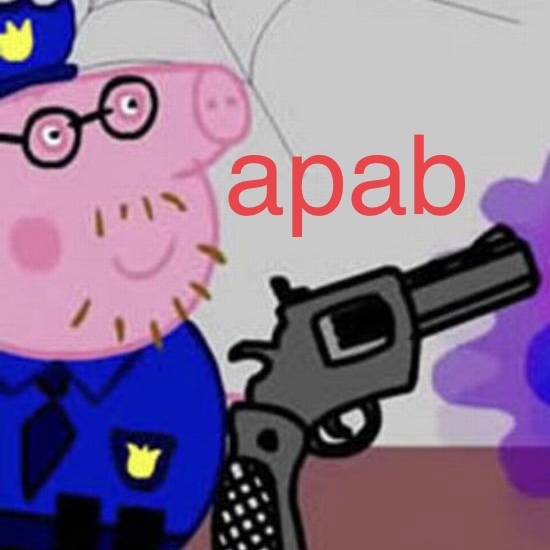I originally wrote a 1k-word response to a maybe 50-word comment on another post and decided to edit it down and make it its own post.
We all know that picking a single thing to be is ridiculous and that you don’t have to commodify your interests for them to be valuable and valid. It’s capitalist bullshit that we drill into kids from such a young age. Commodify the parts of you which make you unique. Make yourself easily digestible by employers. You are a brand. Perform a simplification of your own existence. Etc.
My favorite band of all time worked full time in factories for a decade while gigging nearly every night before finally disbanding. While I believe they should have been able to make a living doing what they did, there’s nothing saying that they were required to allow their labor to be exploited to do so. But I think there’s another more subtle aspect of why this question sucks: it prioritizes lifestylist fantasy over practical skill building.
Imagine someone said they want to be a fashion designer. That brings a lot of cultural imagery to mind. What it does not do is make kids imagine the decade of skill-building that comes prior to being good enough to work independently. There are so many skills involved with that, each of which involves a lot of rote practice. You want to be able to draw your designs? Draw A Box has exercises to get the basics inside the muscle memory of your hands. You want to be able to sew together samples? Here’s a guide on how to make a pillowcase, which is a decent first project. You want to be able to get your designs manufactured and sold? You need to be able to make a tech pack.
I think that when kids enjoy learning the basics of these skills is when they can decide whether it’s worth pursuing as a career. “I want to be a ___” should almost always be taken as “I’d like to try learning how ___s do their job so I can see if I enjoy it”.
There’s a flip side to the idea that you don’t have to live your job, too. For me personally, I can work a job that’s unrelated to my special interests for about 2 years before my body will just start shutting down from the stress and I will be physically unable to get myself to go to work. But of course, I can’t get disability because, “You can clearly work. You just keep getting fired on purpose.” So having a job that allows my autistic ass some flexibility has been a lifesaver, possibly literally. If I hadn’t had nearly a decade of amateur practice at the thing I’m currently doing, I wouldn’t have been able to get hired. Maybe that’s a little extreme, but it’s hard to tell someone who hasn’t been alive for 18 years, “if you wanna do that job and haven’t already started learning, you’ve got about 10 years left before someone will hire you.” Of course, the reality is that a lot of careers have expectations of coming in green and learning on the job. But not all of them do. It’s complicated.
One thing I've said to libs that has always seemed to connect with them is how capitalism makes parents turn their kids in to capitalists from the start.
They get them to think about ways their hobbies can make money, and push them away from hobbies that can't be made into a career. They'll say, "What good is learning X? X doesn't make any money"
These well meaning parents worry that their kids will waste their time pursuing their interests and not have the skills to compete in "the marketplace". They worry they will chase dreams that they can't achieve and end up destitute. So they push them into "practical" careers that are seen as safe and attainable, but are ultimately unfulfilling.
This is capitalism pitting parents against the dreams of their own children.
Excellent point about the question obfuscating the practical skills needed. As you master more practical skills and get more experience in general, your answer to the question will naturally change.


